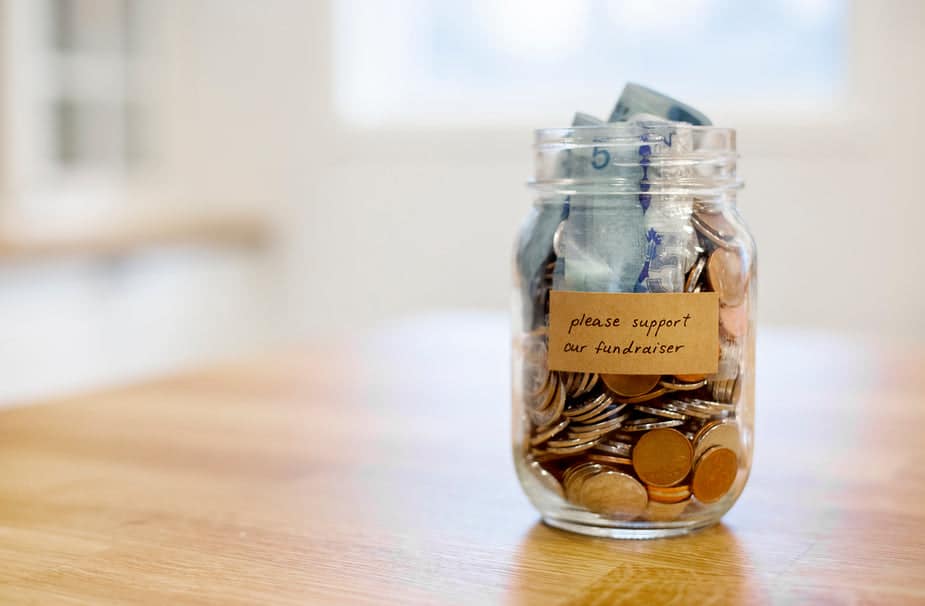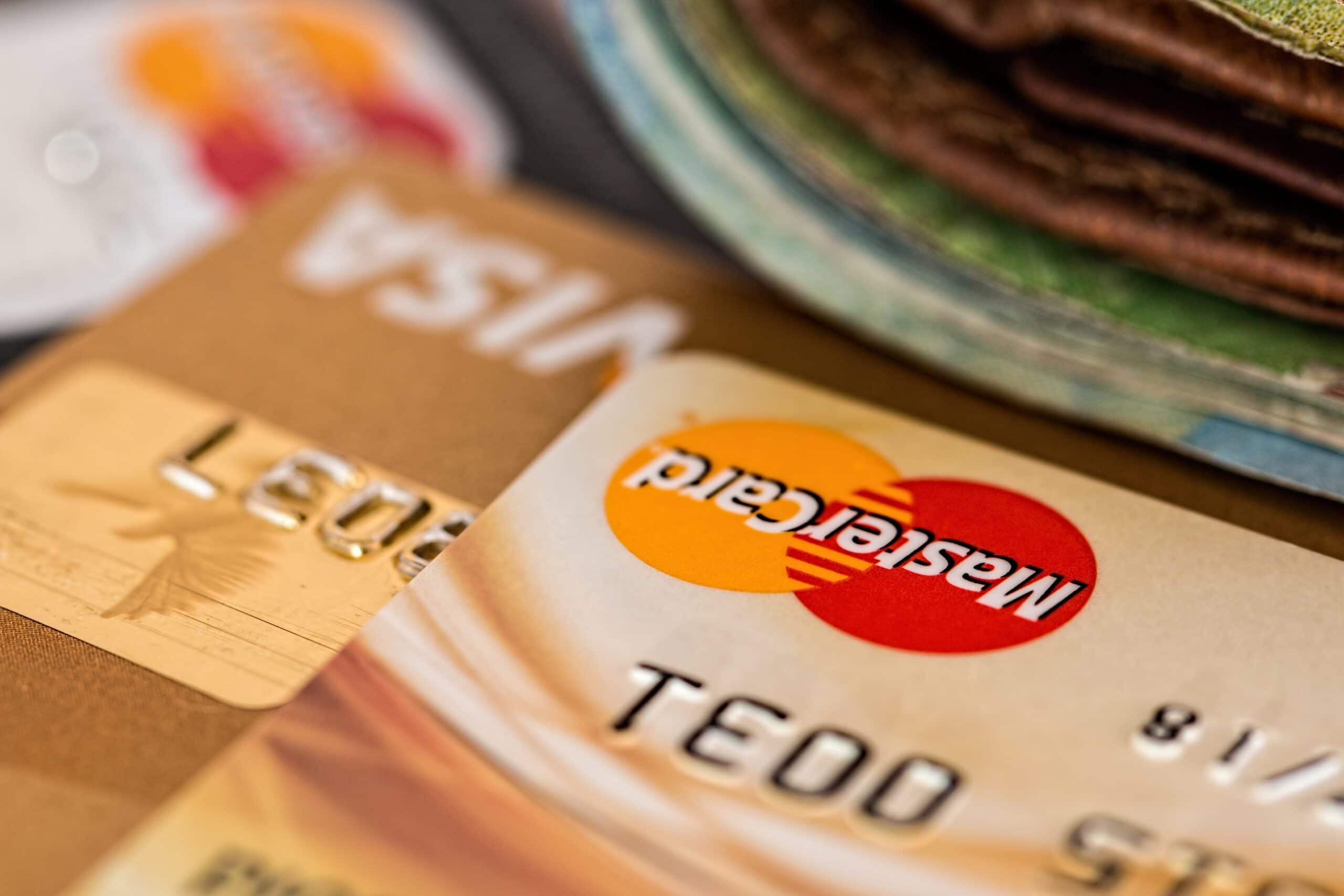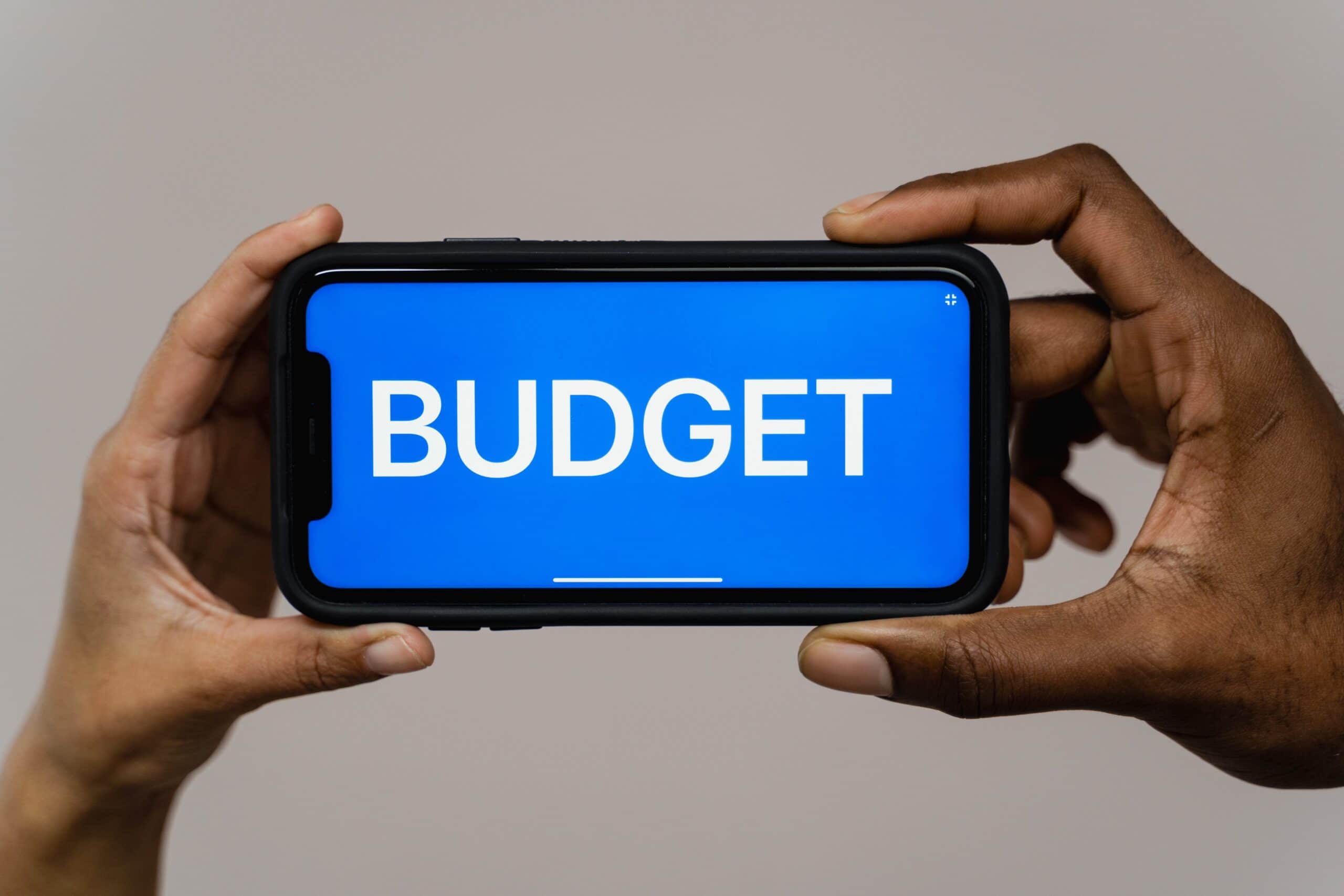The past research has found that experienced well-being does not increase above incomes of $75,000/y. More money doesn’t equal happiness, and in fact, more of it usually brings more problems. However, a new study from The Wharton School, University of Pennsylvania shows evidence that experienced well-being rises linearly with log income, with an equally steep slope above $80,000. This suggests that higher incomes may still have potential to improve people’s day-to-day well-being, rather than having already reached a plateau for many people in wealthy countries. While you may be content with your current financial situation, it’s essential to instill good money habits in kids early. They will thank you later.
Related Articles in this blog:
- 10 Tips for Household Money Management
- Explain Money to Children, 11 Reasons Why it is Useful
- How Young is Too Young to Understand Money?
- Money Lessons for Kids? Values, Saving, Spending and Giving
- 10 Mistakes Parents Make in Teaching Kids about Money
- How Much Should Be a Kids Pocket Money per Week
- How to Teach Kids About Money at Every Age?
- 7 Ways of Teaching Money Concept to Children
- 10 Best Ways to Teach Kids About Money
- 8 Ways Daily Money Management Activities to Teach Financial Literacy to Kids
- Teach Teens About Money (including credit card and mobile app)
- Best Way to Save Money for Kids: 8 Tips Every Parent Should Know
- 10 Rules for Talking Finances With Kids


Table of Contents
Why do You Need to Teach Kids About Money Habits?
You may be thinking, “My child is only five, and they don’t need to know about money yet.”
But that’s the best time to start. When kids are younger, they are like sponges, absorbing everything around them. So, if you wait until they are teenagers to start talking about money, it will be too late. By then, they would have already developed their spending habits.
Will they be able to break those habits? Yes, but it will be much more challenging. That’s why it’s important to start young.
How to Teach Kids Good Money Habits?
There are many ways you can teach kids about money. But, the most important thing is that you need to be consistent with your approach. It would be best to make sure that your actions match your words.
If you tell your kids that they need to save their money, but then you go out and spend impulsively, they will think it’s okay to do the same.
So, what are some good money habits you can teach your kids? There’s an endless number of lessons your child will learn during their lifetime. However, we don’t have that much time. We have compiled a list of 10 positive money habits you can teach your kids.
Starting with:
1. Control Your Spending
It’s essential to learn how to control spending. Just because you have the money doesn’t mean you need to spend it. Start teaching your kids this early on. When they get an allowance, have them put some of it in savings and only spend a portion of it. As they get older, you can give them a set amount of money to spend each week. This will teach them how to budget their money.
2. Hard Work Does Pay Off
Work takes effort. A lot of it. Why work when you go take a nap? Or play with your friends? Heck, you can play all by yourself? These are some of the questions your child will struggle with as they grow up. It’s essential to instill a good work ethic in them early on. Show them that if they work hard, they will be rewarded. It may not be immediate, but eventually, their hard work will pay off. This is the primary and stable cashflow you gain weekly.
3. Always Be Accountable
As soon as we get some money, we want to spend it on something we have had our eye on for a long time. However, doing that will only leave you broke. Accountability is critical when it comes to money habits. Whether it’s keeping track of your spending or investing, you need to be accountable for your actions. That is something that kids need to learn early on. Otherwise, they will never take responsibility for their finances later in life.
4. Save Money With Purpose
Saving money isn’t just about putting it away for a rainy day. It’s about having a purpose for your savings. Adults want to save money for retirement, a new car, or a house. Kids may want to save money for a toy they have their eye on. It doesn’t matter the purpose, as long as there is one. That will teach kids the importance of saving and make them more likely to do it when they’re older.


5. Create Your Budget
Budgeting may not be the most exciting thing globally, but it’s essential nonetheless. Teaching your kids how to budget their money will help them make informed decisions about their spending later on. Sit down with them and help them create a budget. Show them how to track their income and expenses. Try to give them a better understanding of how money works and how to manage it effectively.
6. Invest In the Future
Investing may seem like something that only adults do, but it’s a good habit to start early. When you invest, you’re essentially putting your money into something that has the potential to grow over time. That can be a great way to prepare for the future. Talk to your kids about investing and how it can benefit them down the road. You may even want to help them open up an investment account.
7. Avoid Using Credit Cards
Far too many people spend money they don’t have. And we owe it all to that one tiny piece of plastic in our pockets. In the United States, the average credit card debt is roughly $5,500 per household. Credit cards can be tempting. They give you the ability to buy things now and pay for them later. But it’s important to teach your kids that they should only spend money if they have it. Otherwise, they’ll end up in debt. Try to instill this habit early on and avoid using credit cards yourself.
8. Enjoy What You Already Have
We’re constantly bombarded with ads and commercials telling us to buy this or that in today’s society. It can be easy to get caught up in the materialistic lifestyle. But it’s important to teach your kids that they don’t need to keep up with the Joneses. They should be content with what they have and not strive for things they can’t afford. That doesn’t mean they can’t aspire to have more, but they shouldn’t let it consume them.
9. Money Isn’t a One Way Street
A lot of people think that money only flows in one direction. They work hard and earn a paycheck. Then they spend that money on bills, groceries, and other necessary expenses. While that may be true, it’s essential to teach your kids that money can flow in both directions. They can earn it, and they can also save it. Just because they have money doesn’t mean they have to spend it all.
10. Keep the Piggy Bank Full
One of the best ways to teach kids about money is to give them a piggy bank. It’s a tangible way to see how much money they have. Plus, it’s a great way to teach them the importance of saving. Every time they get some money, whether from an allowance or a birthday gift, have them put some of it into their piggy bank. Over time, they’ll see how much money they can save up. And that will instill the money habits that will last a lifetime.



Closing Thoughts
Teaching your kids good Money Habits is one of the best things you can do for them, and it will set them up for success later on in life. So start instilling these habits early on and watch your kids grow into responsible adults.
About Me
Hi, there. I am Lin. Together with my husband and two kids, we live in the beautiful Netherlands in Europe. I am dedicated to self-development, creating quality time for the whole family, and fully supporting kids with their potentials with all I have learned from engineering, MBA, and 10+ years of working experience in the energy sector.


